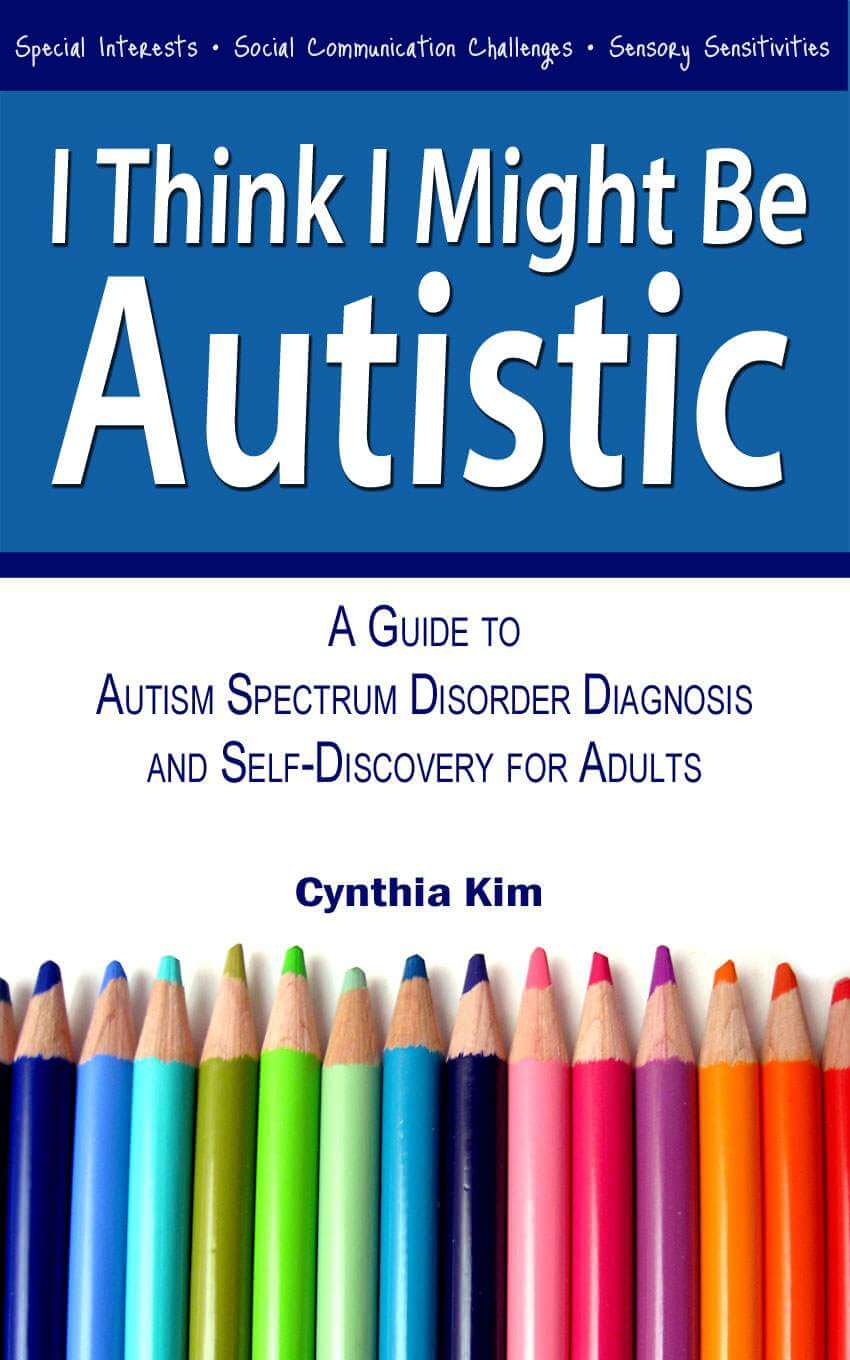Understanding Adult Autism: Diagnosis And Positive Life Changes

Table of Contents
Diagnosing Autism in Adults: A Complex Process
Diagnosing autism in adults differs significantly from childhood diagnosis. While childhood diagnoses often rely on observed behaviors and developmental milestones, adult diagnoses rely heavily on retrospective self-reporting and a comprehensive assessment of current functioning. The diagnostic process typically involves a multi-faceted approach:
- Clinical Interviews: In-depth conversations exploring developmental history, social interactions, sensory experiences, and current challenges.
- Standardized Questionnaires: Tools like the Autism Diagnostic Observation Schedule (ADOS) and the Autism Diagnostic Interview-Revised (ADI-R) provide structured assessments of autistic traits.
- Behavioral Observations: Assessments of social skills, communication patterns, and repetitive behaviors.
- Review of Medical and Educational Records: When available, past records can provide valuable insights into developmental patterns.
A thorough evaluation by a qualified professional, such as a psychologist or psychiatrist specializing in autism, is essential. Challenges in adult diagnosis include:
- Retrospective Diagnosis: Recalling childhood behaviors and experiences can be difficult and subjective.
- Masking: Many adults with autism learn to mask or compensate for their autistic traits, making it harder to identify symptoms.
- Comorbid Conditions: Autism often co-occurs with other conditions like anxiety, depression, or ADHD, which can complicate diagnosis.
- Variability of Symptoms: The presentation of autism varies greatly from person to person, making a standardized diagnosis challenging.
Common Challenges Faced by Adults with Autism
Adults with autism face a range of challenges that can significantly impact their daily lives. Understanding these challenges is crucial for providing appropriate support and fostering positive life changes. Common challenges include:
- Social Challenges: Difficulty understanding social cues, navigating social interactions, maintaining relationships, and experiencing social isolation and loneliness.
- Sensory Sensitivities: Over- or under-sensitivity to sensory input, such as noise, light, touch, taste, or smell, leading to sensory overload and avoidance behaviors.
- Employment Challenges: Difficulties with job seeking, maintaining employment, and navigating workplace social interactions due to communication differences and sensory sensitivities.
- Mental Health Challenges: High rates of anxiety, depression, and other mental health conditions often co-occur with autism.
- Executive Functioning Difficulties: Challenges with planning, organization, time management, and task initiation can impact daily life.
Seeking Support and Resources for Adult Autism
Seeking support is a crucial step in navigating the challenges of adult autism. Numerous resources are available to help individuals thrive:
- Therapy: Cognitive behavioral therapy (CBT), social skills training, and other therapeutic approaches can help manage challenges and improve coping mechanisms.
- Support Groups: Connecting with others who understand the autistic experience provides valuable peer support, shared experiences, and a sense of community.
- Advocacy Organizations: Organizations dedicated to autism advocacy provide information, resources, and support to individuals and families.
- Family and Friends: A strong support network of family and friends plays a vital role in understanding and accommodating the needs of adults with autism.
Useful Resources:
- [Insert link to relevant organization 1]
- [Insert link to relevant organization 2]
- [Insert link to relevant online resource]
Positive Life Changes Through Self-Acceptance and Support
Receiving an autism diagnosis, while initially challenging, can often be a catalyst for positive life changes. Understanding and accepting one's autism allows for:
- Improved Self-Esteem: Attributing previously unexplained difficulties to autism can lead to greater self-compassion and acceptance.
- Stronger Relationships: Open communication about autism can foster stronger relationships with family, friends, and romantic partners.
- Successful Career Paths: Identifying strengths and adapting workplace strategies can lead to greater career success and fulfillment.
- Increased Self-Understanding: Learning about autism can provide a framework for understanding one's own thoughts, feelings, and behaviors.
Conclusion: Understanding Adult Autism: A Journey Towards Positive Life Changes
Diagnosing adult autism can be a complex process, but it's a crucial step towards understanding and addressing the unique challenges faced by autistic adults. While challenges exist, with appropriate support, self-acceptance, and access to resources, individuals can lead fulfilling lives. This includes managing sensory sensitivities, improving social skills, finding meaningful employment, and building strong relationships. Remember, understanding adult autism is key to fostering positive change and improving quality of life. If you suspect you or someone you know might have autism spectrum disorder, seek a professional evaluation. Connecting with support organizations and accessing appropriate therapies can lead to a more positive and fulfilling life. Take the first step towards a brighter future by learning more about adult autism diagnosis, autism support, and the potential for positive change with autism.

Featured Posts
-
 Mongoliya Ochered Za Meditsinskoy Pomoschyu Iz Za Vspyshki Kori
May 30, 2025
Mongoliya Ochered Za Meditsinskoy Pomoschyu Iz Za Vspyshki Kori
May 30, 2025 -
 Lab Owner Pleads Guilty To Covid 19 Test Result Fraud
May 30, 2025
Lab Owner Pleads Guilty To Covid 19 Test Result Fraud
May 30, 2025 -
 Jyrw Iytalya Dyl Twrw Yktb Altarykh Llmksyk Akhbar Jrydt Alryad
May 30, 2025
Jyrw Iytalya Dyl Twrw Yktb Altarykh Llmksyk Akhbar Jrydt Alryad
May 30, 2025 -
 1248
May 30, 2025
1248
May 30, 2025 -
 Greve Sncf Philippe Tabarot Juge Les Revendications Illegitimes
May 30, 2025
Greve Sncf Philippe Tabarot Juge Les Revendications Illegitimes
May 30, 2025
